Canadian PM Carney Promises Military Boost if His Party Wins Election
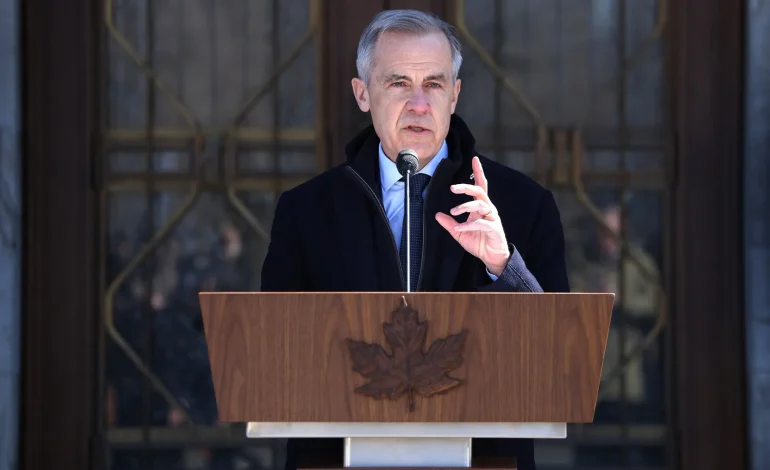
Canada’s Prime Minister Mark Carney has pledged to bolster the country’s armed forces with pay raises, accelerated military equipment acquisition, and expanded surveillance powers for the Canadian Coast Guard if his party wins the upcoming national election, Bloomberg reports.
Carney unveiled his defense-focused platform on Tuesday at the Irving Shipyard in Halifax, Nova Scotia. However, his promises stopped short of accelerating Canada’s timeline for meeting its NATO commitment to spend 2% of gross domestic product (GDP) on defense.
Currently, Canada’s defense spending hovers around 1.4% of GDP. While Carney has acknowledged the importance of reaching the 2% target, he has only committed to doing so “at the latest” by 2030.
The need to strengthen Canada’s military has become increasingly apparent, particularly in light of heightened pressure from the United States under the Trump administration. Trump has repeatedly criticized allied nations for relying too heavily on the US for security and made comments about Canada potentially becoming the 51st US state, raising concerns among Canadian leaders.
While most NATO member countries meet or exceed the 2% defense spending target, Canada lags behind. The previous government under Justin Trudeau had planned to reach the 2% goal around 2032, creating friction with the US and other allies.
Canada’s military faces significant challenges, including aging fighter jets and frigates and a shortage of 14,500 personnel, according to Carney’s campaign. The government has plans to purchase new submarines and icebreakers as part of its procurement strategy.
Canada also has an order to acquire dozens of Lockheed Martin Corp. F-35 fighter jets. Carney has called for a review of this contract and has expressed interest in collaborating with European allies on future defense procurement projects.
Canadians will head to the polls for a national election on April 28. Recent polls indicate that Carney’s Liberals have gained ground on the Conservative Party, led by Pierre Poilievre. A new survey by the Angus Reid Institute shows the Liberals with 46% support among decided and leaning voters, compared to 38% for the Conservatives.
However, the poll also suggests that Conservative voters are less likely to change their minds, indicating a potentially tight race in the final weeks of the campaign.
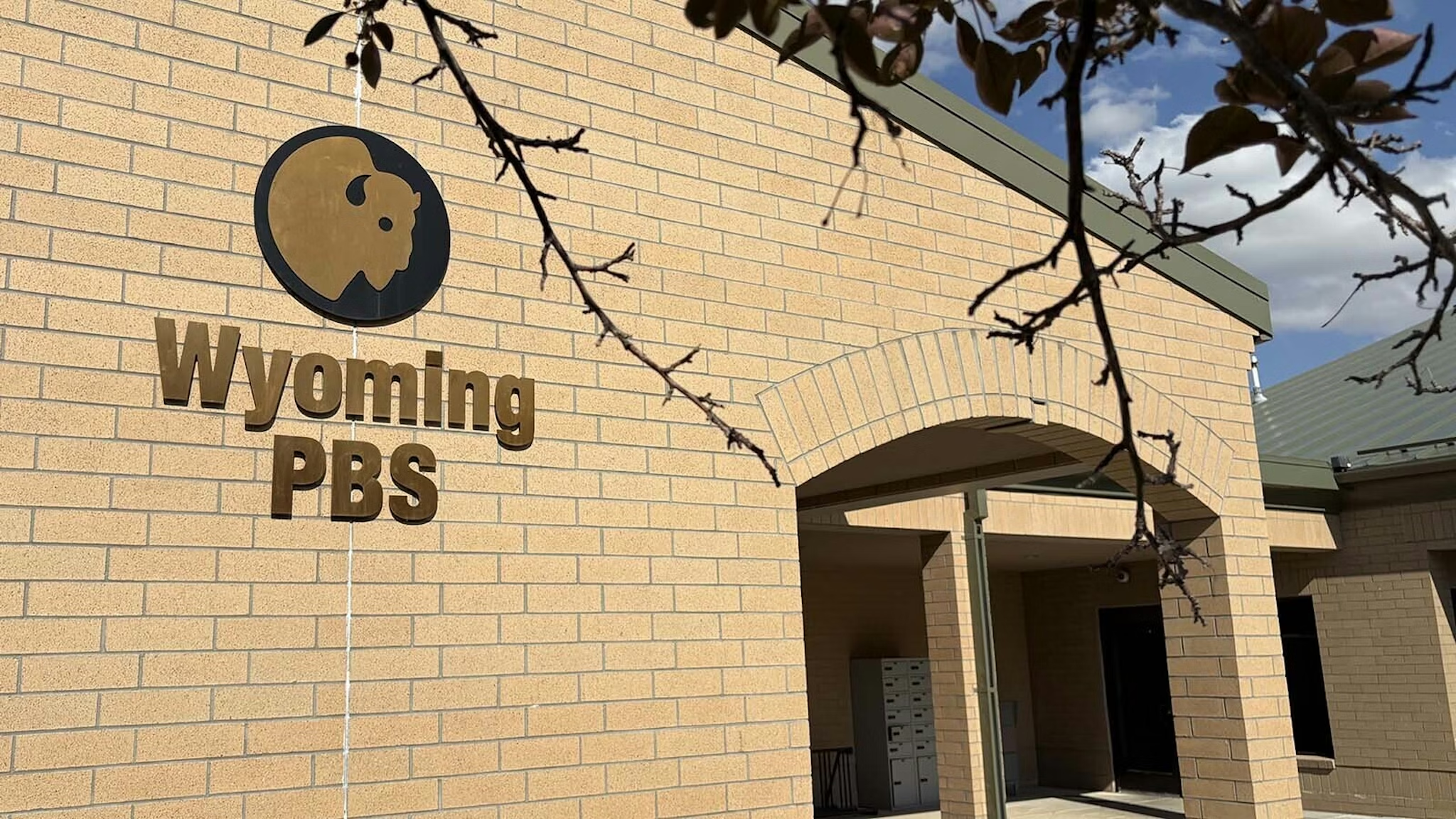
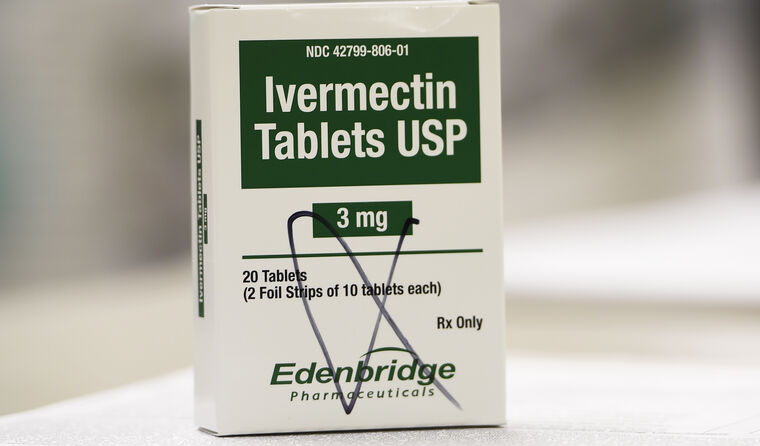
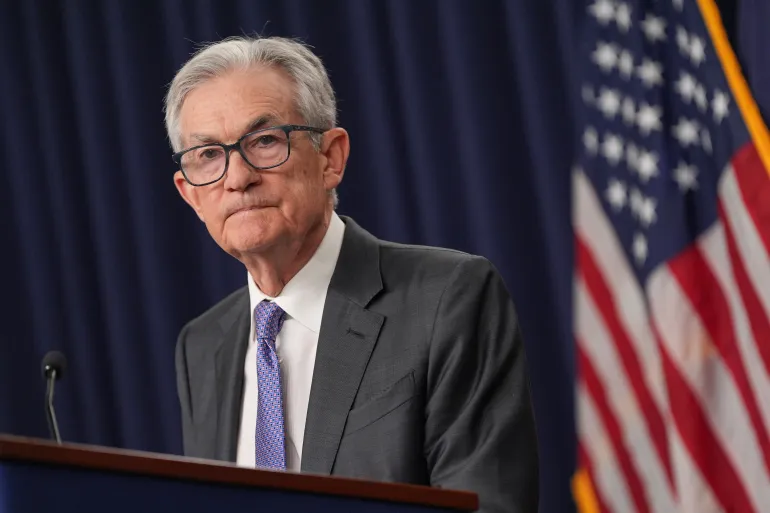
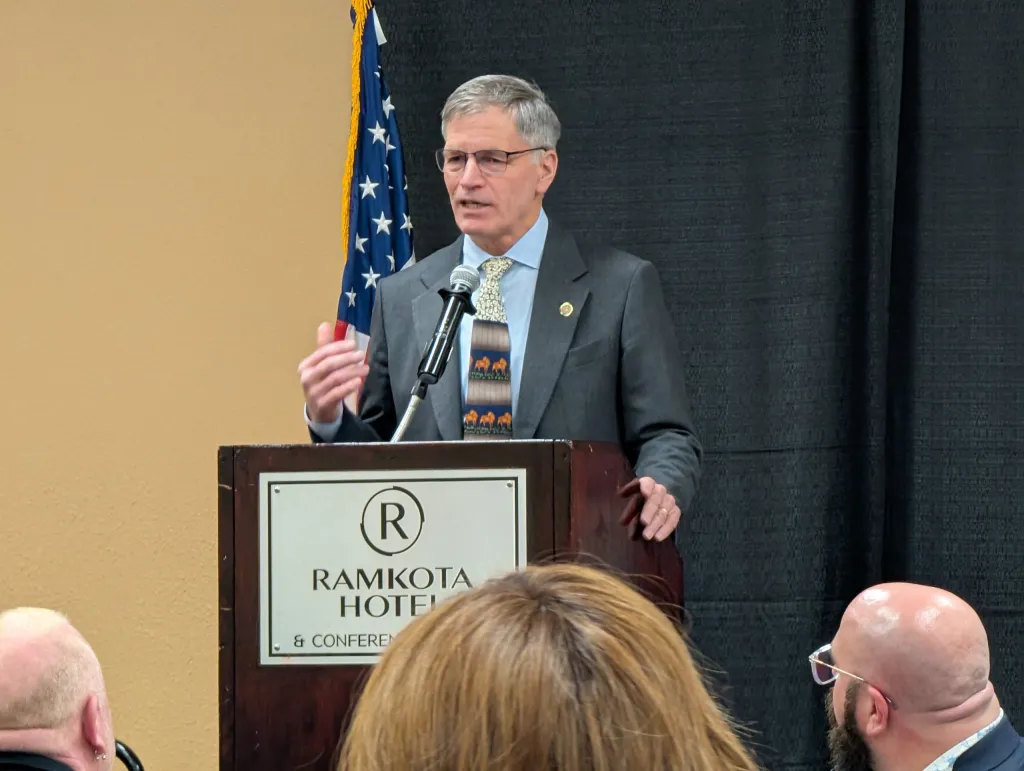





The latest news in your social feeds
Subscribe to our social media platforms to stay tuned